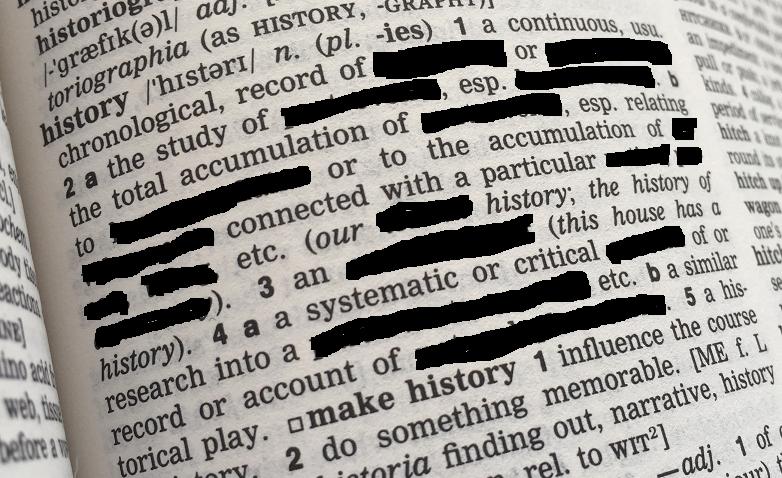2 March 2023
Editing Dahl
A foolish debate.
By Robert Kilconner
I forget how many swallows make a summer but if there is a consensus in the artistic community one can bet that a fair amount of nonsense is being spoken. When the PM gets involved too, by commenting on a matter which is not conceivably his business, then the stage is firmly set. All we need is a few Bishops to add to the nonsense-fest.
The case in point is of course the works of Roald Dahl where the publisher has spent much time and money editing them to produce a new edition conforming to modern standards of political correctness. To some that is anathema, an offence against literary heritage almost on a par with book burning. To others it protects the young reader against impure thoughts, prevents safe spaces being invaded by dangerous influences and all the rest of it.
The odd thing is that it should be regarded as controversial at all, bearing in mind the long tradition of producing modified versions of literary masterpieces. In 1807 Thomas Bowdler first published The Family Shakespeare, that is to say a version “in which nothing is added to the original Text: but those words and expressions are omitted which cannot with propriety be readily allowed in a Family.” In other words it was Shakespeare without the politically incorrect bits. It is not a version which you will see often on the London stage but you will frequently see productions which change the Bard’s work in other ways. Rupert Goold’s production of Macbeth which focussed darkly on the disintegration of Saoirse Ronan’s Lady M excluded the Porter’s scene, presumably on the grounds that humour would break the intensity. Here the motive for the change was art rather than political correctness but still it modified the work of the author. However no one objected or claimed that our literary heritage was undermined.
When you get to translated works the level of amendment becomes even higher. Take those lovely lines:
“The Moving Finger writes; and, having writ,
Moves on: nor all thy Piety nor Wit
Shall lure it back to cancel half a Line,
Nor all thy Tears wash out a Word of it.”
A literal translation of the 12th century original? Of course not. It is a rewriting of the original in superb English verse by the translator Edward Fitzgerald. See a Greek Play in London? Is it an exact translation of Sophocles or a text loosely based on the Greek? Normally the latter.
Why is it then that anyone should object to new versions of Dahl? Provided those producing them hold the copyright or the copyright has expired, is there any objection to new versions of the literary cannon? Not really – or almost not really. To appreciate the “almost” pick up the Disney version of Winnie the Pooh and see how inferior it is to the original. Would it not be an awful thing if by some form of literary Darwinism it stifled the original version so that our grandchildren would never hear the words of Milne or see the illustrations of E H Shepard? Yes, it would, but the answer to that is not to prevent new versions emerging but to ensure that the original version remains available. Let the reader choose. As I said, you do not see the Bowdler version of Shakespeare on the London stage.


